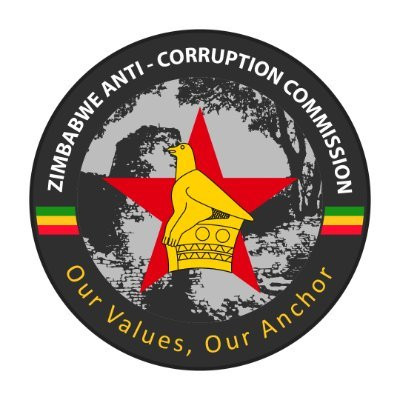
ON Sunday morning last week we woke up to the news that the army in Lesotho had staged a coup d’etat which ended in the Kingdom’s Prime Minister Tom Thabane fleeing to safety next door in South Africa.
This is why the Bible says love your neighbour. You never know just when you might need to call on them. Well since Sunday the story has evolved and the Lesotho army denies that there has been any coup attempt.
The defence and security arm of Sadc did convene in Pretoria to try and resolve the situation. I would have given my right arm to be a part of the conversations that are taking place at the Sparrow, a little bar in Maseru where political careers are made and broken.
The so-called coup attempt is said to have been the result of the tug of war between the Prime Minister who has the police force at his allegiance and his deputy Mothetjoa Metsing who commands the loyalty of the army.
It would appear that the army stormed several police stations early Sunday morning before descending on the Prime Minister’s house.
This kafuffle has clearly rocked the fragile foundation of the coalition government formed by the two men. As I write the Prime Minister has since returned to the Mountain Kingdom and the delicate democracy is now being propped up by the South African Police.
It is business as usual or at least there is a façade of calm. Maseru is not a stranger to conflict. Memories of the 1998 political riots which burned half the central business district down remain fresh in many peoples’ minds.
Even after 14 years many parts of the CBD remain in their pillaged state reminding everyone the cost of political unrest and mayhem.
- Chamisa under fire over US$120K donation
- Mavhunga puts DeMbare into Chibuku quarterfinals
- Pension funds bet on Cabora Bassa oilfields
- Councils defy govt fire tender directive
Keep Reading
However, in the 21st Century you would expect that this phenomenon would be relegated to the history books yet coups still continue to rear their ugly heads. For many leaders, ascension to power could only be achieved through a coup d’etat.
Julius Caesar and Napoleon Bonaparte are some of the illustrious leaders who ascended to power through coups. Some of Africa’s notorious leaders like General Sani Abacha, Idi Amin and Mobuto Sese Seko took the reigns of power forcefully through a coup.
Africa, which continues to be plagued by economic and political instability, is fertile ground for coups. In the past 10 years alone we have witnessed several coups in Mauritania (2008), Guinea (2008), Niger (2010) and Central African Republic (2014).
A coup d’etat is a French word literally meaning “stroke of State” or “blow to the State”. As alluded in its meaning it is normally the violent removal of a sitting government by a hostile group which could either be a faction, rebels and in most instances the army.
Unlike a revolution, a coup is normally orchestrated by a small select group.
Sometimes coups are not staged internally, but are devised by outside groups who stand to gain by a change in the government.
Let us rewind back to 2004 when a plane was impounded on Zimbabwean soil with 34 mercenaries abroad led by ex-British army official Simon Mann.
The plane was headed for Equatorial Guinea with the mission impossible of ousting the government of President Obiang Nguema.
It later emerged that the coup had been engineered and financed by the son of the late Margaret Thatcher.
Mark Thatcher was able to evade indictment, but Simon Mann languished in prison till 2009 when he was released on a Presidential pardon after serving 15 months of a 34 year sentence.
More recently and probably still fresh in the minds of many is the coup that was staged in the Central African Republic (CAR).
In this instance, a coalition of rebels known as Seleka seized the capital Bangui. Sitting President François Bozize was forced to seek refuge in neighbouring Cameroon.
The irony is that Bozize himself came to power in 2003 via a military coup.
President Jacob Zuma was under a lot of fire when South African troops were sent to CAR to try and prop up the Bozize regime. However, CAR is no stranger to military coups as they have been the order of the day.
Colonel Jean Bedel Bokassa who was a self declared Emperor of the republic ascended to power in 1965 by a coup. He was then ousted by David Dacko in a coup in 1979. Dacko was removed from power in the same method by General André Kolingba.
As they often say, if you live by the gun you will die by the gun. To borrow from Malcom X’s words, for some leaders if it’s not by the ballot it will certainly be by the bullet.
Sue Nyathi is the author of the novel The Polygamist. You can follow her on Twitter @SueNyathi.










